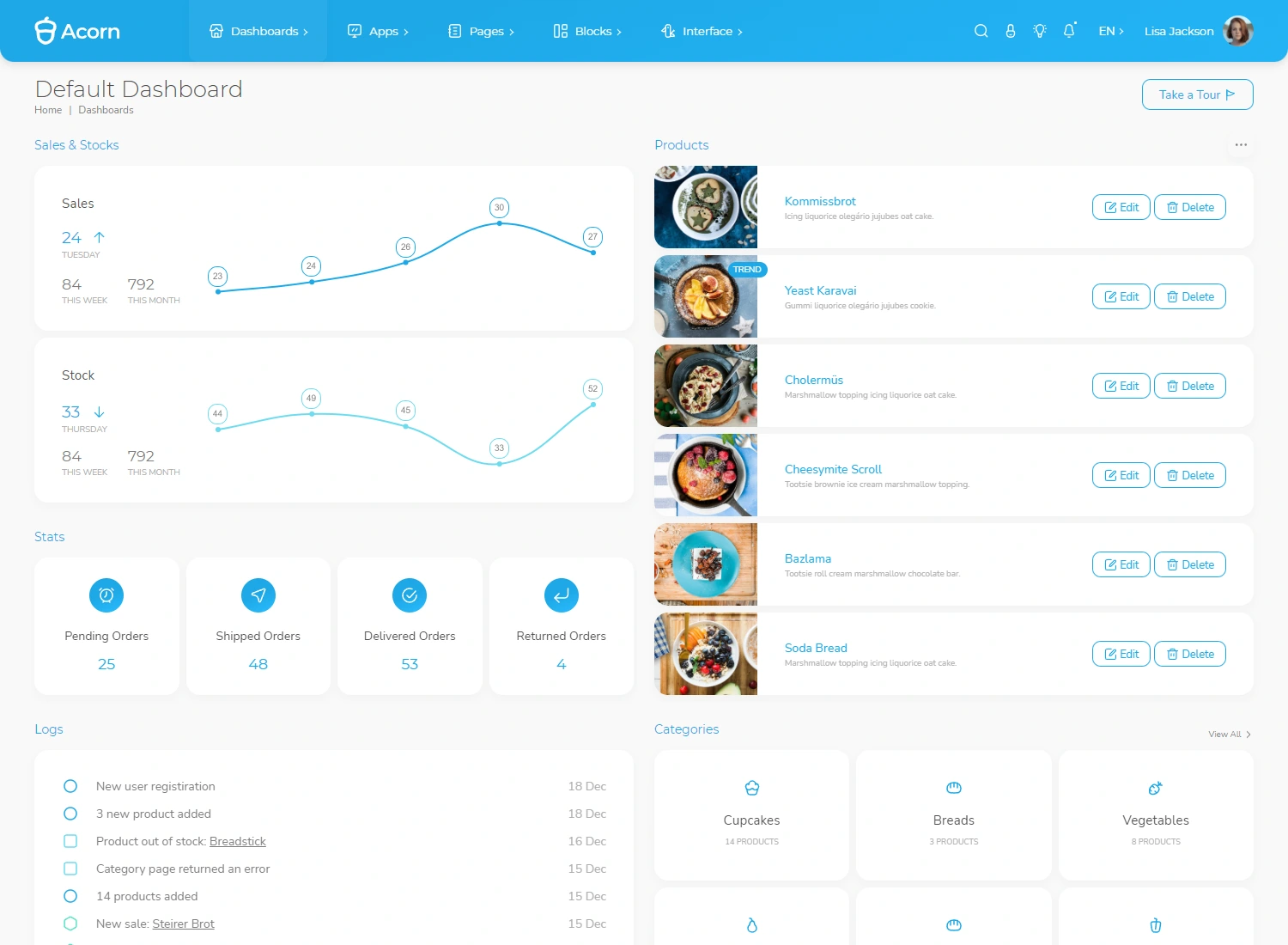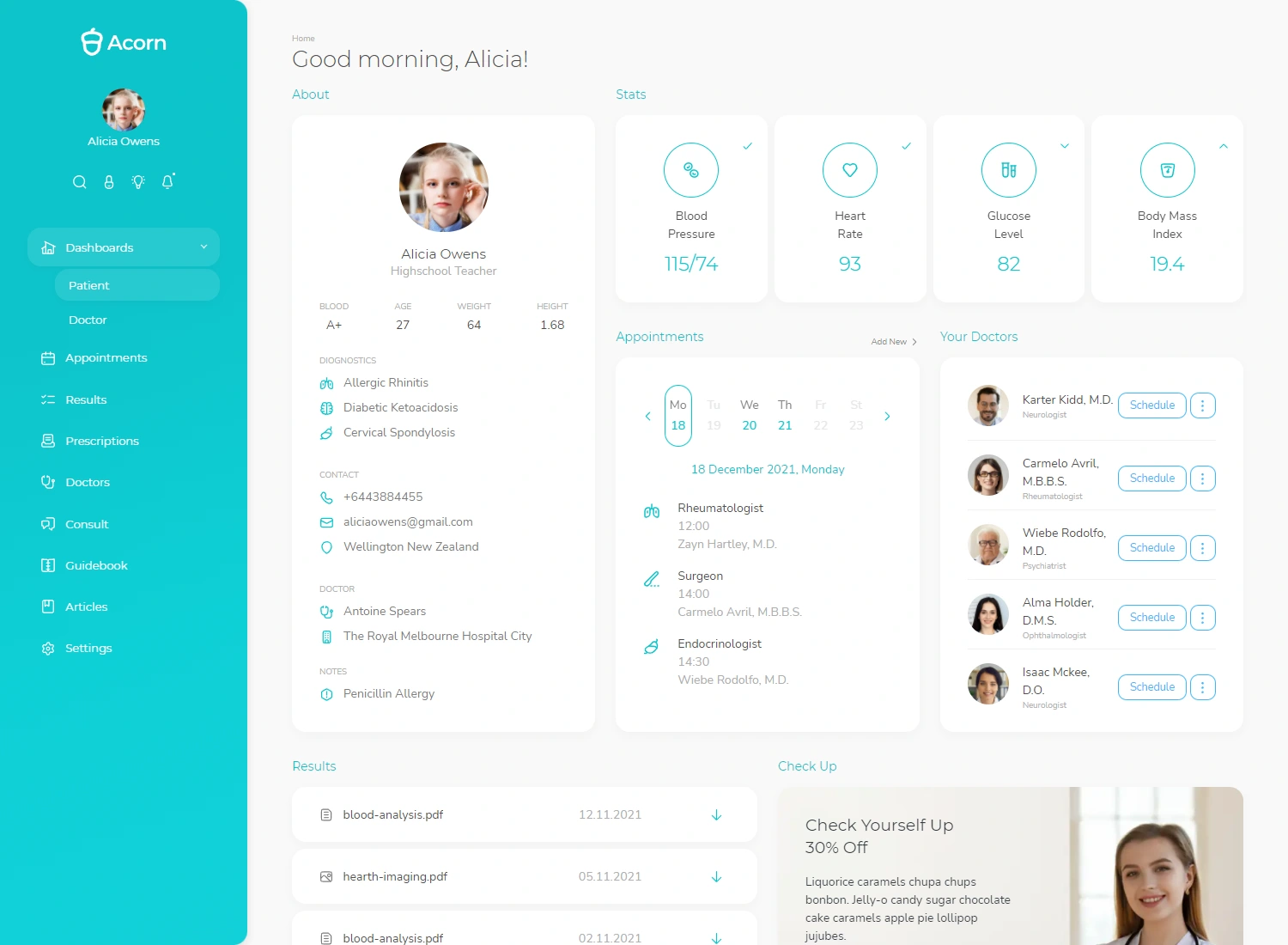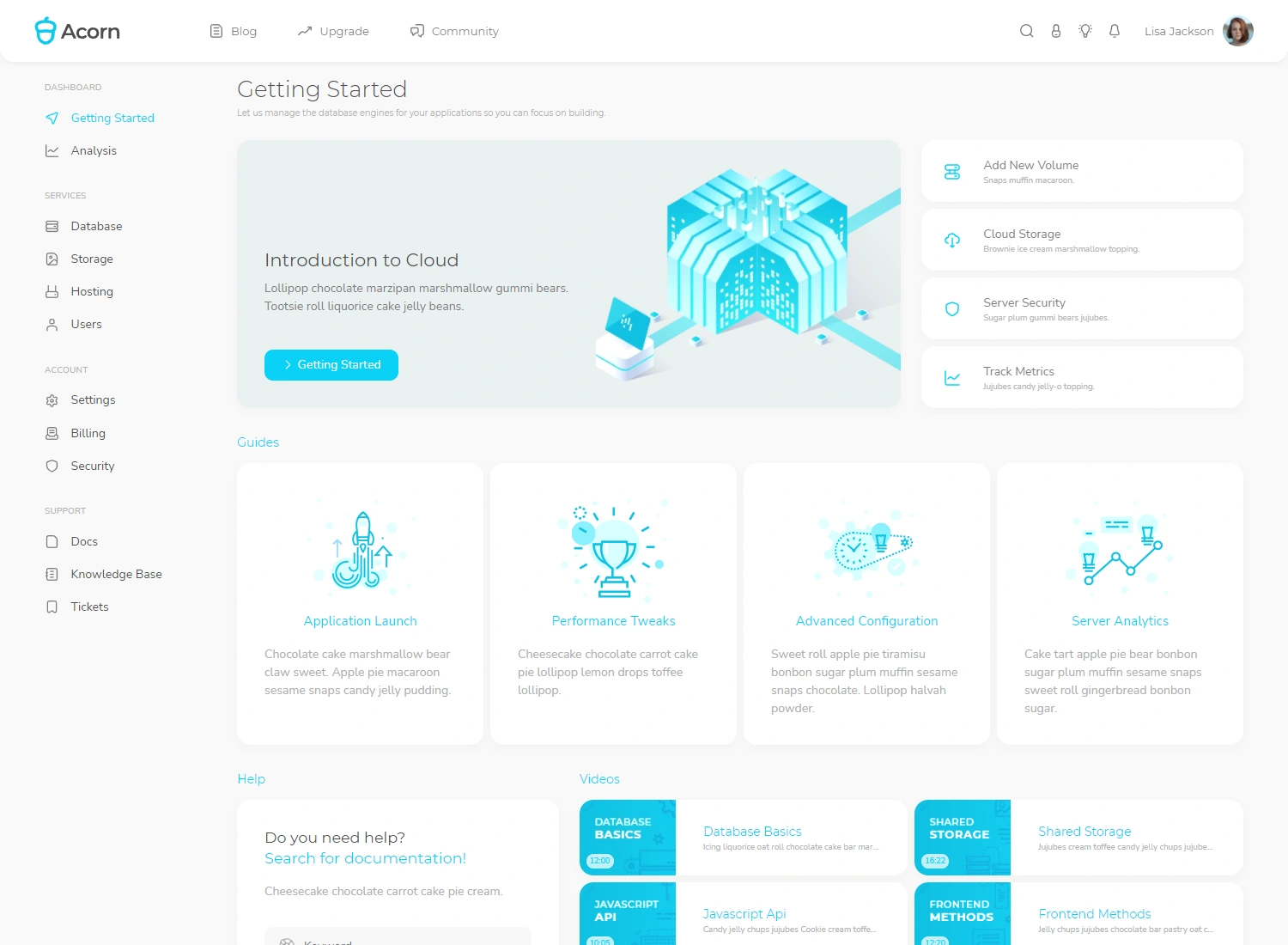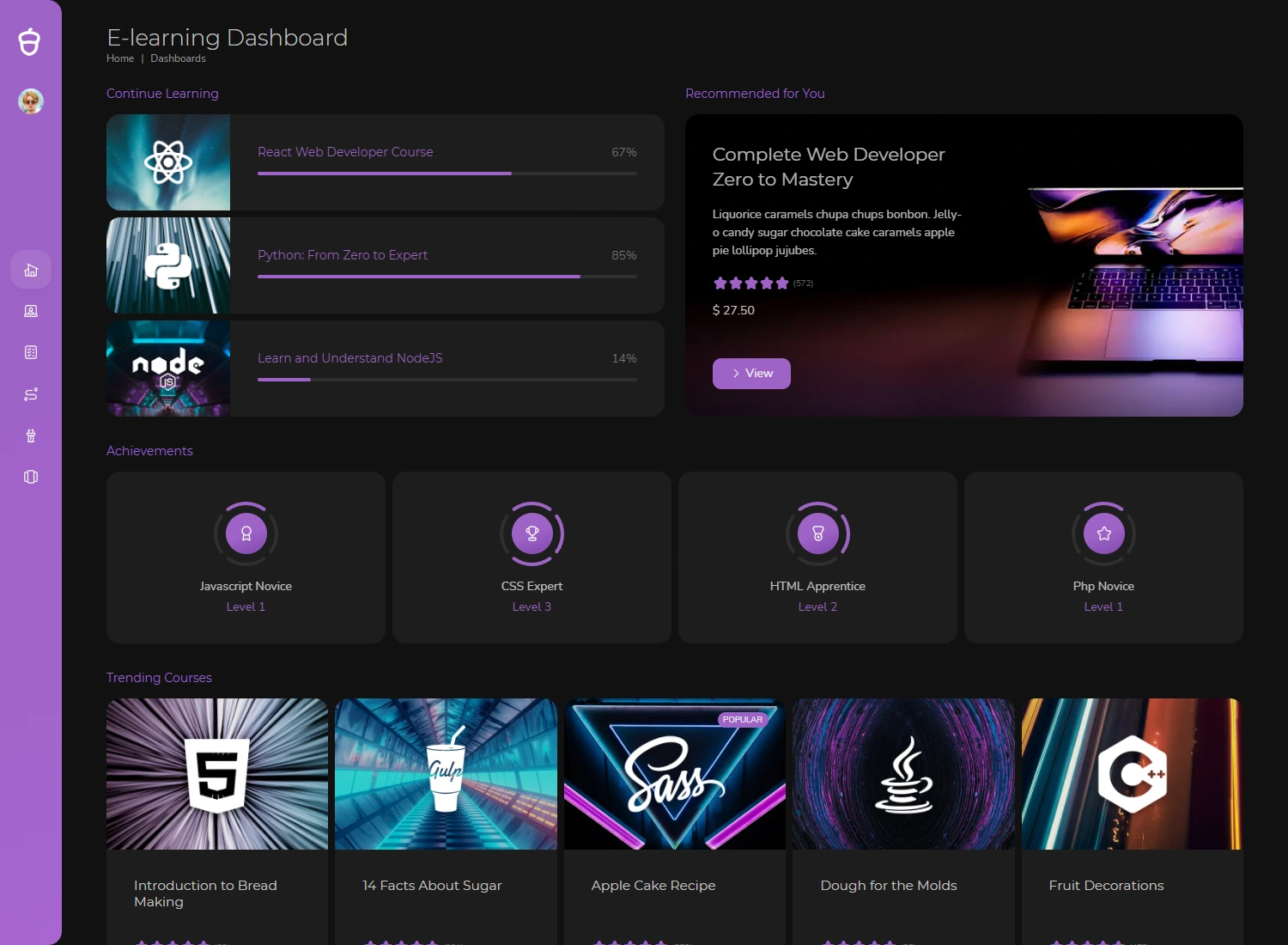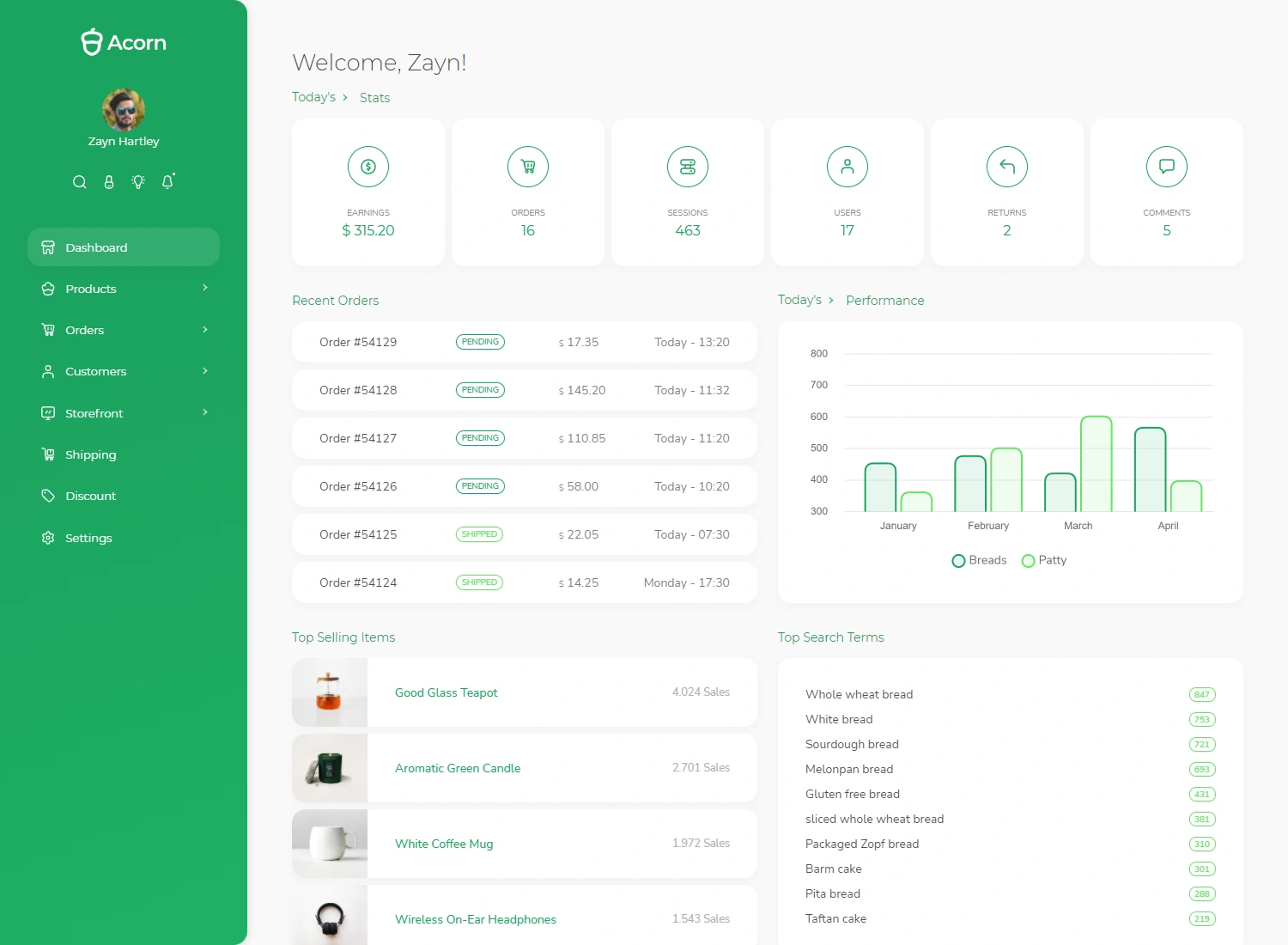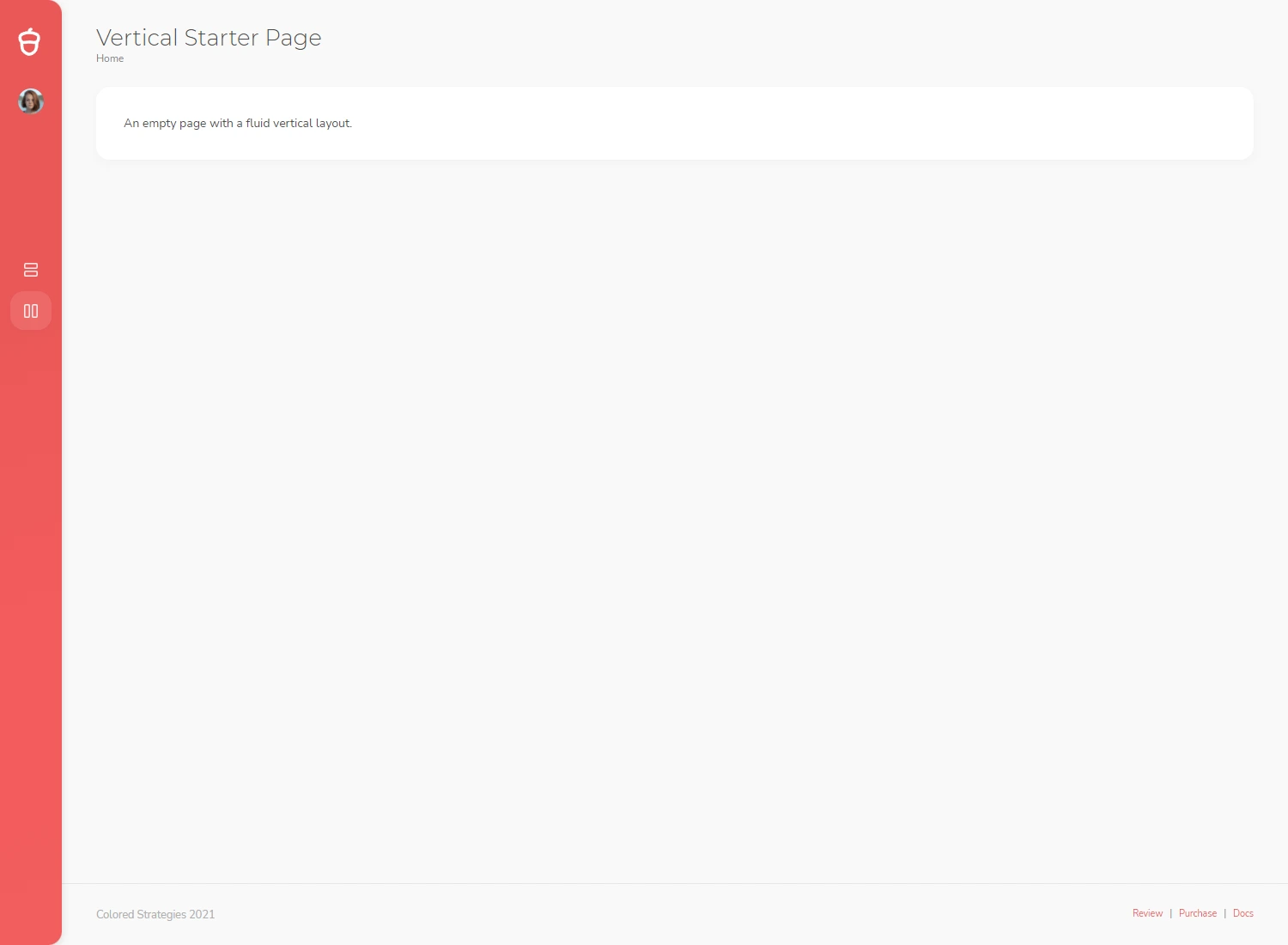A global study has highlighted the alarming health impact of sugar-sweetened beverages, linking their consumption to 2.2 million new cases of type 2 diabetes and 1.2 million new cases of cardiovascular disease (CVD) globally in 2020. While the highest burden was observed in Latin America, the Caribbean, and sub-Saharan Africa, the findings hold crucial implications for India, where diabetes and heart disease are on the rise.
Why Sugary Drinks Are Harmful
Sugar-sweetened beverages are rapidly absorbed, causing sharp spikes in blood sugar levels. Regular consumption contributes to:
- Weight Gain: Excessive sugar intake leads to obesity, a key risk factor for diabetes and heart disease.
- Insulin Resistance: Over time, the body becomes less effective at managing blood sugar, paving the way for type 2 diabetes.
- Metabolic Dysfunction: Chronic sugar consumption disrupts normal metabolic processes, increasing the risk of heart disease.
The impact is particularly severe among men and younger adults, who are more likely to consume these drinks frequently.
Indian context
India has witnessed a rapid increase in the consumption of sugary beverages, driven by urbanization, lifestyle changes, and aggressive marketing. Sugary beverages are marketed as lifestyle products targeting the youth, further exacerbating the risk of chronic diseases among younger populations.The rise in sugary drink consumption coincides with the growing prevalence of:
- Diabetes: India is already home to over 77 million diabetics, a number expected to cross 134 million by 2045.
- Cardiovascular Disease: Heart disease remains the leading cause of death in India, accounting for over 28% of all fatalities.
Sugary drinks, with their high sugar content and lack of nutritional value, contribute significantly to these trends. They are rapidly digested, causing spikes in blood sugar levels and promoting weight gain, insulin resistance, and metabolic disorders—key risk factors for diabetes and heart disease.
Addressing the Crisis in India
To combat the rising health burden associated with sugary drinks, India needs a multi-faceted approach:
- Taxation on Sugary Beverages: Introducing taxes on sugar-sweetened drinks, similar to the Goods and Services Tax (GST) on tobacco and alcohol, can discourage consumption.
- Public Awareness Campaigns: Educating people about the health risks of sugary drinks and promoting healthier alternatives like traditional beverages (e.g., buttermilk, coconut water, and lemonade).
- Advertising Regulations: Limiting advertisements targeting children and mandating health warnings on sugary drink packaging.
- Nutritional Labeling: Enforcing clear labeling of sugar content in beverages to help consumers make informed choices.
- Healthier School Policies: Banning the sale of sugary drinks in school canteens and promoting healthier drinks instead.
The Way Forward
India’s battle with non-communicable diseases like diabetes and heart disease is intertwined with lifestyle changes, including dietary habits. Tackling sugary drink consumption is an essential step in mitigating this growing health crisis. The Indian government, public health experts, and industry stakeholders must collaborate to ensure that policies are effectively implemented, drawing on global successes and adapting them to the Indian context.

